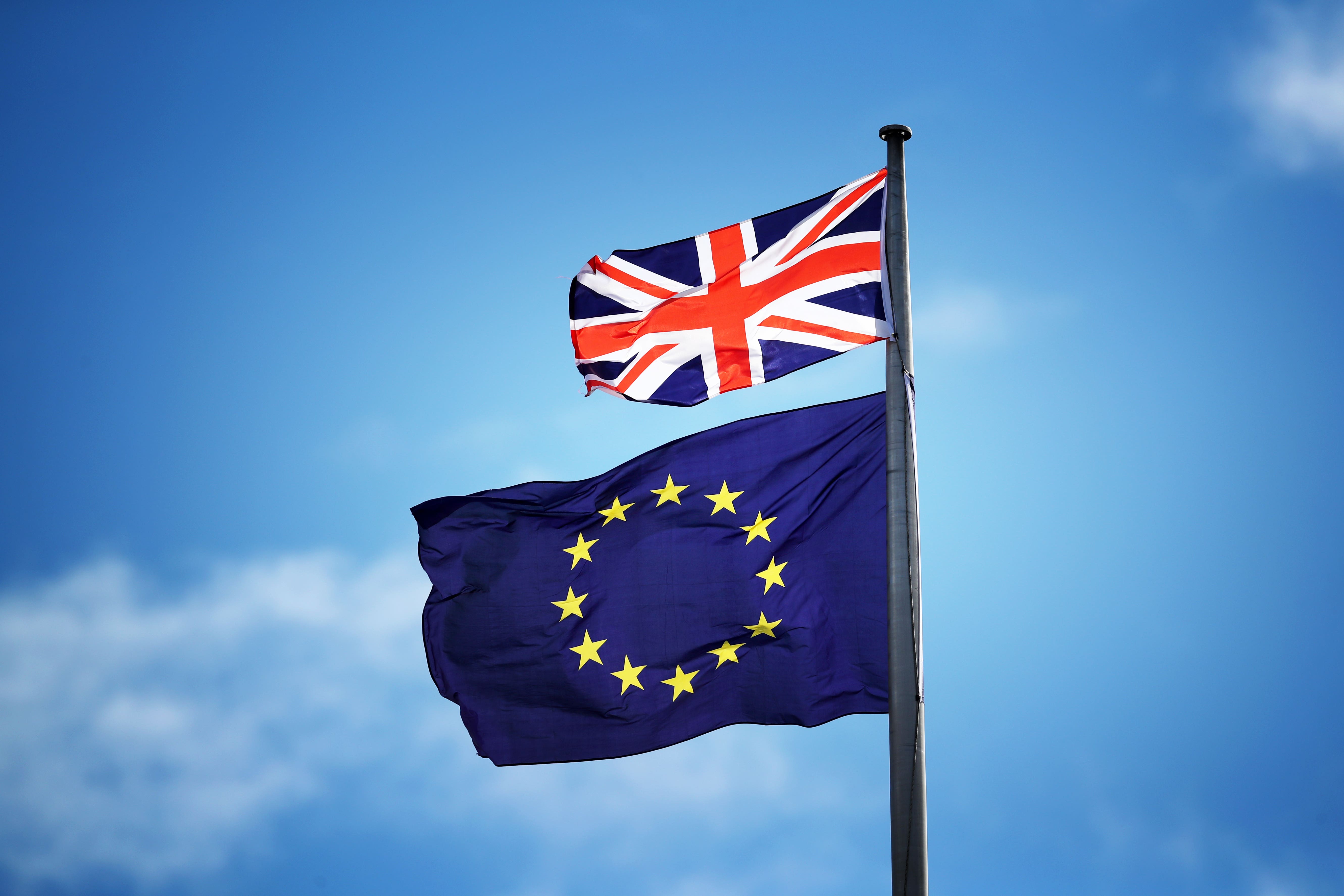Polling suggests the Brexit question is not permanently settled – so what does the future hold?
Leading political scientist John Curtice says Britain’s withdrawal from the European Union is as unpopular now as at any point since 2016. Sean O’Grady considers what that means for our politics


Six years on from the Brexit vote, what hope is there of the UK rejoining the European Union?
The main reason for thinking it might happen, albeit “one day”, is offered by the unimpeachable John Curtice, who observes a gradual accretion of support, or, at least, an increasing public sentiment that Brexit was a mistake. Of course, that doesn’t mean that everyone of that view wants to apply to rejoin in the morning, on unknown terms of entry, and relishes the prospect of going through the same traumas and divisions that the 2016 referendum inflicted on the British people. But does suggest that opinion may be tentatively heading that way.
According to Curtice, the polling suggests that David Cameron’s in/out “once and for all” referendum failed to deliver a “permanent settlement”. Many still feel very strongly in favour of the EU, and many politicians, albeit mostly in private, think it was indeed an error and the UK might be better off back in, given the right agreement. There is no sign of reconciliation about the narrow decision. This is normal. After all, that is what democracy is all about – revisiting the verdicts of previous elections for validation or reversal, and why no parliament can bind its successors.
History shows this too. Just as the opponents of the European Community, or Common Market, formally accepted the validity of the 1975 referendum on staying in or getting out, they also continued to argue the case, and increasingly so as the 1975 vote faded (at two to one to stay in it was much more decisive than the 2016 version). Prominent “anti-marketeers” such as Tony Benn hardly let up in their informal campaigning against Brussels. Benn even managed to insert a pledge to leave the EC – without a referendum – into the 1983 Labour election manifesto.
Yet there now seems no party offering even a tentative, conditional route back in. The SNP do promise an independent Scotland in Europe, but don’t have a way of securing the independence referendum that would be the precursor to negotiations and, presumably, a referendum on Scotland’s terms of entry into the EU and terms of exit from the UK. The Liberal Democrats are the warmest to closer links with Europe, but having campaigned for European unity in every election from 1950 to 2019, even they shy away from an absolute commitment.
For Labour, the issue is particularly painful and awkward. The party is acutely aware of the damage Brexit, and the social and political divisions it reflected and exacerbated, wreaked on them at the 2019 election. They failed then to consolidate the very substantial pro-Remain vote behind Labour, then led by Jeremy Corbyn. Instead it split across most of the opposition parties. By contrast, Boris Johnson, Mr Brexit himself, and the Conservatives managed to hang on to most of the Leave vote of 2016 (including Labour voters), as well as more traditional Tory-inclined voters who were indifferent to Brexit but terrified of Corbyn. That wouldn’t replay exactly in the next election. Keir Stamer has distanced himself from Corbyn, now not even a Labour MP. but Labour’s leadership have no great wish to go through any of the 2019 experience again.
Instead, Labour has a rather moderate, modest, practical approach of promising vaguely closer cooperation and friendlier relations with the European Union, after years of hostility from Johnson (who enjoyed particularly poor relations with France’s Emmanuel Macron). After years of Tory mismanagement, Labour argues it will make compromises and find ways to gain better access to the single market, ease exports, defuse the Northern Ireland protocol, make holiday passport checks faster, find ways to deal with the refugee crisis, and, ideally, revive the old EU Dublin III regulations on returning failed asylum seekers. It might be unrealistic, but it sounds like the sort of thing a pragmatic British voter might listen to, especially given the state of the economy.
It is in fact very similar to the tone struck by Tony Blair before the 1997 election – avoiding at that time any whiff of joining the single currency without a referendum, but also dissolving the bitterness of the John Major years. It would probably suffice to get Labour through the next couple of years.
The main factor that will eventually propel the UK back into the EU is exactly the same one that induced British governments to apply for membership in 1961, 1967 and 1970 before accession in 1973: the growing perception and reality that the British economy would benefit from access to its large and prosperous markets (though now mostly not as fast-growing as in the 1960s). The 2016 dreams of a buccaneering Global Britain conquering fresh new dynamic markets via ambitious trade agreements with the likes of America and China are over, and even the likely deal with India will be at the “cost” (to Brexiteers) of increased visas and immigration from the subcontinent.
As in the decades immediately after the Second World War, it will take some time for the British to understand what is happening to their economy, but eventually the economic arguments tend to speak for themselves after a decade or two of serious relative decline. And, of course, the demographics are very much in favour of the EU – Brexit was disproportionately favoured by older voters. The UK will probably be back in by the time the 20th anniversary of Brexit comes around. Johnson, Michael Gove and Nigel Farage may still be around to see it.
Join our commenting forum
Join thought-provoking conversations, follow other Independent readers and see their replies
Comments
Bookmark popover
Removed from bookmarks